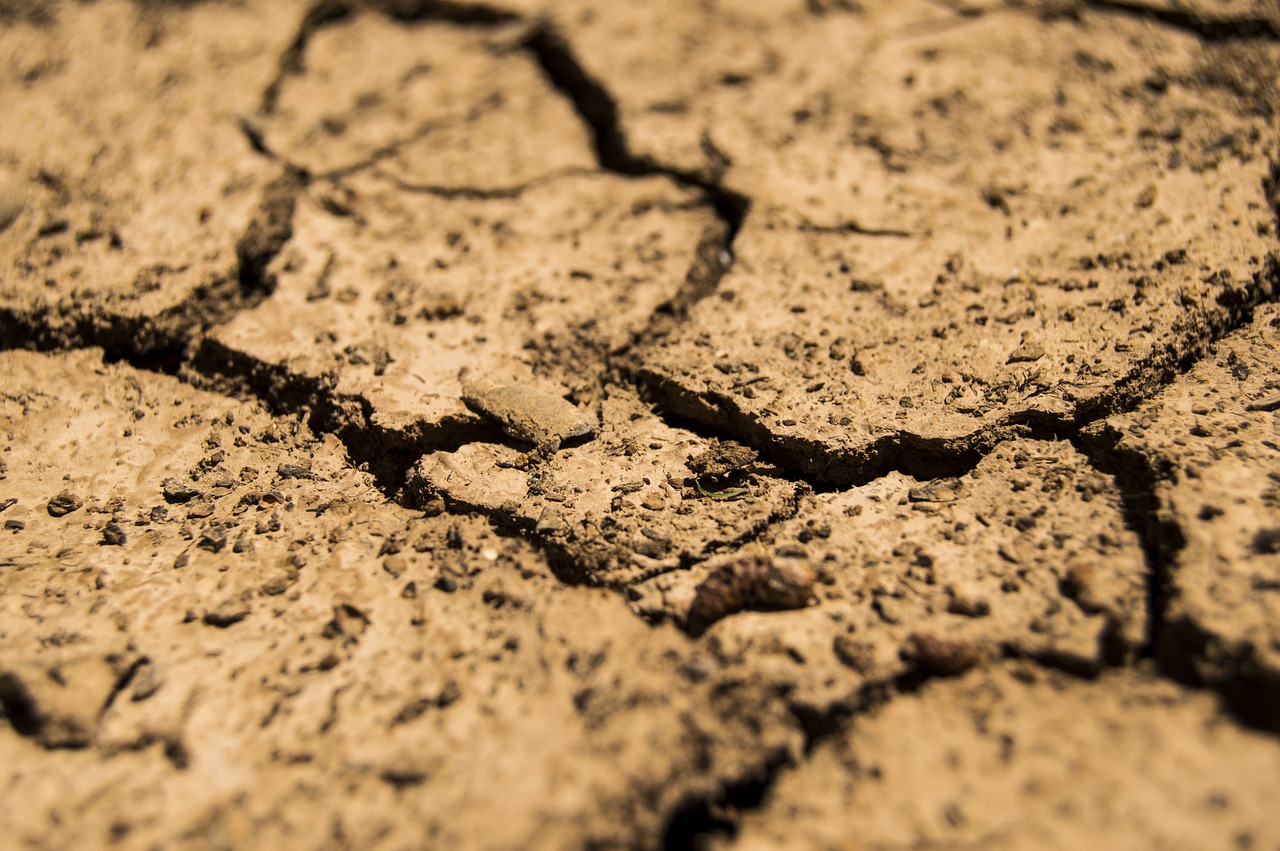Soil deficiencies in Florida are a common challenge due to the state’s diverse climate and varied soil types. Understanding these deficiencies can help you manage soil effectively and ensure healthy plant growth. Here’s a detailed overview of common soil deficiencies found in Florida soils and their implications:
1. Nutrient Soil Deficiencies
- Nitrogen (N)
Nitrogen is crucial for plant growth and green foliage. However, in Florida’s sandy soils, nitrogen is prone to leaching due to rapid drainage. This can lead to yellowing leaves and stunted growth. Solution: Regular applications of nitrogen-rich fertilizers or organic amendments like blood meal or compost can replenish nitrogen levels. Controlled-release fertilizers can also help maintain consistent nitrogen availability. - Phosphorus (P)
Phosphorus is essential for root development and flowering. Florida soils, especially in the central and northern regions, can have phosphorus deficiencies, often due to low levels in sandy soils or high acidity, which can limit phosphorus availability. Solution: Amendments like bone meal or rock phosphate can increase phosphorus levels. A soil test can help determine the exact phosphorus needs and avoid over-application, which can lead to environmental issues. - Potassium (K)
Potassium is vital for overall plant health, including drought and disease resistance. Sandy soils in Florida can have low potassium levels, leading to weak growth and poor fruit development. Solution: Potassium sulfate or potassium chloride can be added to replenish potassium. Compost and organic mulches also contribute potassium over time.
2. Soil pH Imbalance
- High Acidity
Many Florida soils, particularly in the southern regions, are naturally acidic (low pH). Acidic soils can limit the availability of essential nutrients like calcium and magnesium and negatively affect plant growth. Solution: Applying agricultural lime or dolomitic lime can raise the soil pH. Dolomitic lime also adds magnesium, which can be beneficial if magnesium levels are low. - Alkalinity
In some areas, especially where irrigation water is high in alkalinity, soils can become more alkaline (high pH), leading to nutrient deficiencies and poor plant health. Solution: Elemental sulfur can lower soil pH. Regular soil testing can help monitor pH levels and adjust amendments accordingly.
3. Soil Salinity
Florida’s coastal areas and regions with high water tables can suffer from high soil salinity. Saline soils can lead to poor plant growth, reduced nutrient uptake, and soil structure issues. Solution: Adding gypsum can help improve soil structure and reduce the effects of salinity. Leaching the soil with fresh water can help remove excess salts. Organic matter, such as compost, can also aid in mitigating salinity issues by improving soil structure and water infiltration.
4. Soil Compaction
Soil compaction is common in areas with heavy foot traffic or machinery use. Compacted soils restrict root growth and reduce water and nutrient infiltration.
Solution: Incorporating organic matter, like compost, can improve soil structure and reduce compaction over time. Mechanical methods, such as tilling or using a soil aerator, can also help alleviate compaction.
5. Calcium Deficiency
Calcium is essential for cell wall strength and root development. Florida’s sandy soils may lack adequate calcium, leading to issues like blossom end rot in tomatoes and peppers. Solution: Applying lime or calcium-containing fertilizers, such as calcium nitrate, can help correct calcium deficiencies. Ensuring balanced soil nutrition through regular soil testing is important for preventing deficiencies.
6. Magnesium Deficiency
Magnesium is essential for photosynthesis and overall plant health. Deficiency symptoms include interveinal chlorosis (yellowing between leaf veins). This is often seen in acidic soils or soils with low magnesium content. Solution: Dolomitic lime can address both pH and magnesium issues. Epsom salts (magnesium sulfate) can also be used as a quick fix for magnesium deficiencies.
7. Trace Elements Soil Deficiencies
Trace elements like iron, manganese, zinc, and copper are required in smaller amounts but are crucial for plant health. Deficiencies in these micronutrients can cause various growth issues and poor plant health. Solution: Micronutrient fertilizers or specific amendments such as chelated iron can correct deficiencies. Soil testing can help identify which specific trace elements are lacking and guide appropriate amendments.
Veransa Can Help to Heal Your Soil Deficiencies
Florida’s diverse soil conditions and climatic factors create a range of potential soil deficiencies. Addressing these issues requires a good understanding of local soil types and regular soil testing to tailor amendments effectively. By addressing deficiencies with appropriate soil amendments and management practices, you can enhance soil health and improve plant growth in Florida’s varied environments.
The Veransa Group manufactures and sells quality organic compost, mulch and premium turf products.




